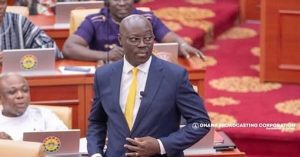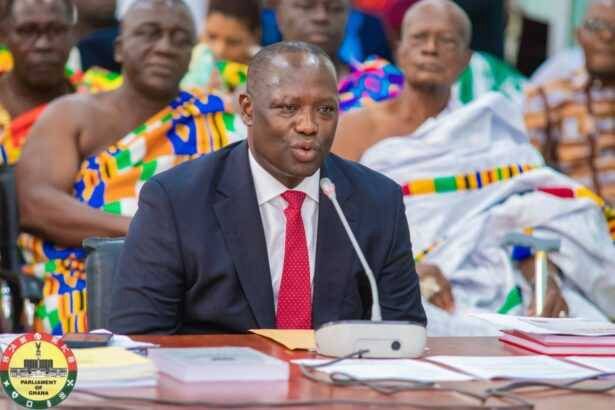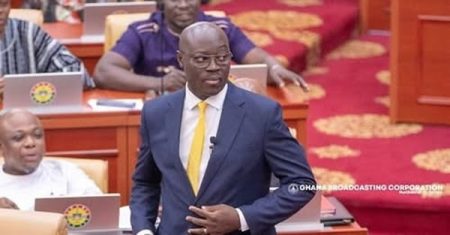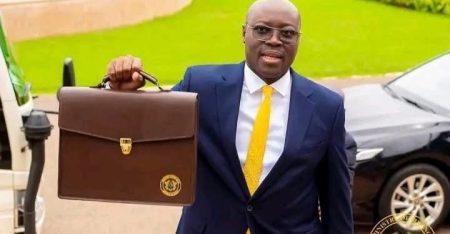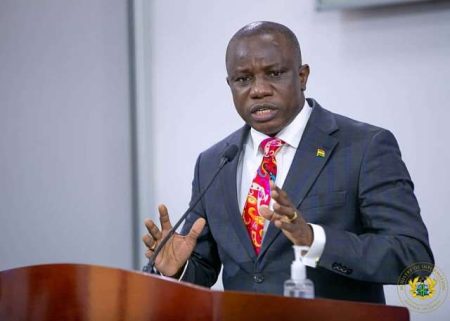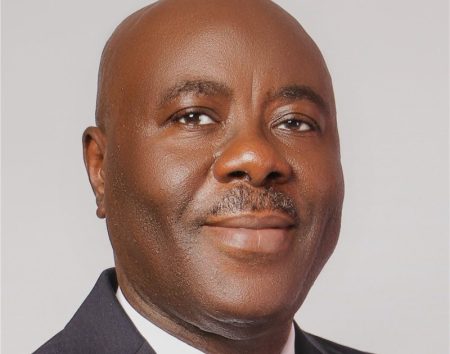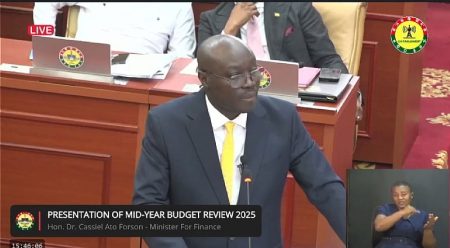Republic Day, celebrated annually on July 1st, holds profound significance for Ghana as it commemorates the nation’s transition to a republic in 1960. This pivotal moment in Ghana’s history marked the culmination of its struggle for independence and the realization of its aspirations for self-governance. It signifies the complete transfer of political power from British colonial rule to the Ghanaian people, solidifying the nation’s sovereignty and autonomy. The day serves as a powerful reminder of the sacrifices made by countless individuals who dedicated themselves to the liberation of their homeland and laid the foundation for a modern, independent Ghana. It is a day to celebrate the collective will of the Ghanaian people to chart their own destiny and shape their future according to their own values and aspirations.
The significance of Republic Day extends beyond the mere attainment of political independence. It represents a fundamental shift in the nation’s social, economic, and political landscape. The establishment of the republic empowered Ghana to take full control of its governance structures, enabling the development of policies and institutions that reflected the specific needs and priorities of its citizens. This newfound autonomy facilitated the pursuit of economic development strategies tailored to Ghana’s resources and potential, fostering self-reliance and reducing dependence on external forces. Furthermore, Republic Day ushered in a new era of social transformation, promoting equality, justice, and inclusivity. It marked the beginning of a journey towards building a society where the rights and dignity of all citizens are respected and upheld.
The legacy of Dr. Kwame Nkrumah, Ghana’s first President, is inextricably linked to the significance of Republic Day. Nkrumah’s visionary leadership and unwavering commitment to Pan-Africanism played a crucial role in driving the movement for independence and establishing Ghana as a republic. His profound belief in the ability of African nations to govern themselves and shape their own destinies resonated deeply with the Ghanaian people and inspired similar movements across the continent. Nkrumah’s emphasis on self-determination, unity, and economic empowerment laid the groundwork for Ghana’s post-colonial development and continues to influence the nation’s political and social trajectory.
Republic Day serves as an occasion for reflection and renewal. It is a time for Ghanaians to assess the progress made since independence, acknowledge the challenges that remain, and reaffirm their commitment to building a prosperous and equitable nation. The day provides an opportunity to celebrate the resilience and determination of the Ghanaian people, their rich cultural heritage, and their unwavering belief in the power of unity and collaboration. It is a moment to honor the sacrifices of past generations and to inspire future generations to continue the pursuit of a Ghana that embodies the ideals of freedom, justice, and progress.
As Ghana commemorates Republic Day, it is essential to remember the values and principles that underpinned the struggle for independence. The pursuit of social justice, economic empowerment, and political participation remains central to the nation’s ongoing development. Ensuring equal opportunities for all citizens, regardless of their background or social status, is crucial for fostering inclusive growth and promoting social cohesion. Strengthening democratic institutions, upholding the rule of law, and protecting fundamental human rights are essential for safeguarding the gains made since independence and ensuring a future where all Ghanaians can thrive.
Republic Day stands as a testament to the indomitable spirit of the Ghanaian people. It is a day to celebrate the triumphs of the past, to acknowledge the challenges of the present, and to embrace the opportunities of the future. It is a call to action for all Ghanaians to work together, with renewed determination and unity of purpose, to build a nation that reflects the aspirations of its founding fathers and mothers: a Ghana that is prosperous, equitable, and a beacon of hope for Africa and the world. The celebration of Republic Day is not merely a ritual; it is a reaffirmation of the nation’s commitment to self-governance, a testament to the resilience of its people, and a symbol of the enduring power of hope and determination.



